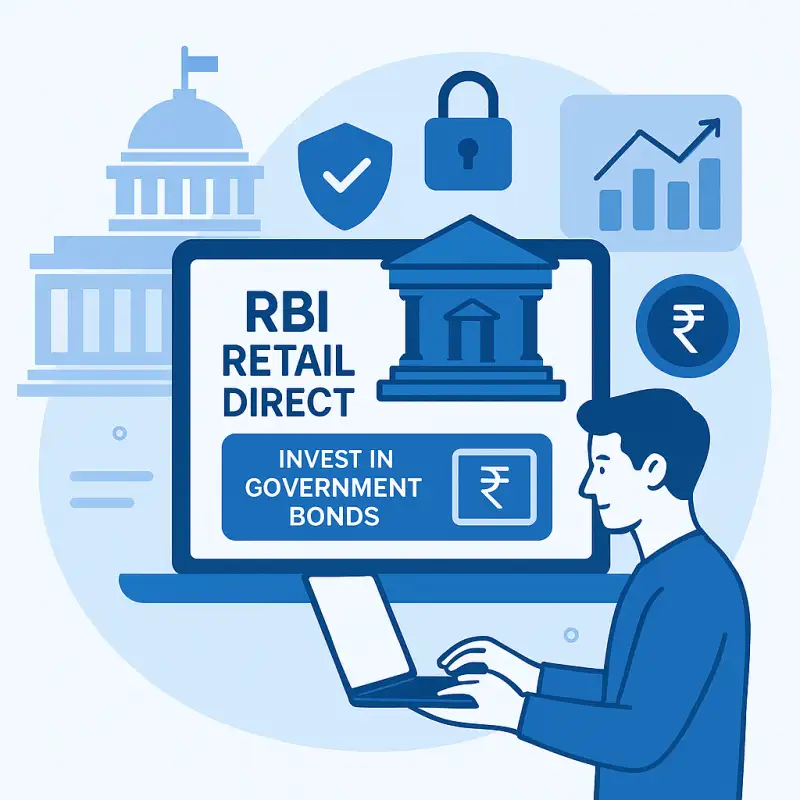How to become a Financial Advisor in 2023 - Digiforum Space
Share
Facebook X LinkedIn Tumblr Pinterest Pocket Skype Messenger Messenger ViberHow to become a Financial Advisor in 2023
In a rapidly evolving financial landscape, the role of a financial advisor has never been more crucial. As we step into 2023, the world is witnessing a convergence of technological advancements, shifting regulations, and changing client expectations. To navigate this dynamic terrain and embark on a successful career as a financial advisor, one must be armed with the right knowledge, skills, and strategies. In this comprehensive guide, we will walk you through the steps to becoming a financial advisor in 2023 and thriving in this exciting field.
1. Understand the Landscape
The first step towards becoming a successful financial advisor is to gain a deep understanding of the current financial landscape. Stay updated on the latest economic trends, market shifts, and regulatory changes. The rise of digital platforms, robo-advisors, and sustainable investing are reshaping the industry. Embrace technology and recognize its potential to enhance your services and reach a wider audience.
Related Articles
- Insurance Advisor Meaning in Hindi
- What does a Financial Advisor do on a daily basis?
- How to Become freelance insurance agent in India
- Insurance Qoutes/Messages for Marketing
- Insurance Plans for Freelancers
2. Education and Qualifications
To establish yourself as a credible financial advisor, a strong educational foundation is essential. Pursue a bachelor’s degree in finance, economics, business, or a related field. Additionally, consider obtaining relevant certifications such as Certified Financial Planner (CFP), Chartered Financial Analyst (CFA), or Chartered Investment Counselor (CIC). These certifications not only boost your knowledge but also demonstrate your commitment to excellence to potential clients.
3. Develop Strong Interpersonal Skills
Effective communication is a cornerstone of success for any financial advisor. Develop strong interpersonal skills to build trust and rapport with your clients. Active listening, empathy, and the ability to explain complex financial concepts in simple terms are invaluable skills. In a world saturated with information, clients seek advisors who can provide personalized guidance tailored to their unique goals.
4. Gain Practical Experience
Academic knowledge must be complemented by practical experience. Consider internships, part-time roles, or apprenticeships with established financial advisory firms. Real-world exposure will allow you to apply theoretical concepts, understand client dynamics, and learn from experienced advisors. This experience is invaluable in refining your skills and decision-making abilities.
5. Embrace Technological Tools
In the digital age, embracing technology is non-negotiable. Leverage financial software, data analytics tools, and client management platforms to streamline your operations and enhance the client experience. Robo-advisors are on the rise, and while they can automate certain tasks, your expertise in interpreting and applying their insights will set you apart.
6. Build a Strong Online Presence
Establishing a robust online presence is imperative to connect with a broader audience. Create a professional website, maintain active social media profiles, and contribute to financial blogs or podcasts. Share educational content, market insights, and success stories to showcase your expertise and attract potential clients.
7. Niche Down Your Services
With increasing specialization in the financial industry, consider narrowing down your services to a specific niche. Whether it’s retirement planning, sustainable investing, or tax optimization, specializing allows you to become an authority in a particular area and cater to a targeted clientele.
8. Regulatory Compliance and Ethics
Adhering to ethical standards and regulatory compliance is not optional—it’s a must. Understand the legal and ethical responsibilities associated with being a financial advisor. Upholding the fiduciary duty to act in your clients’ best interests is paramount and will help build a reputation of trustworthiness.
9. Network and Collaborate
Networking is a powerful tool for any professional. Attend industry events, join financial associations, and collaborate with other advisors. Building a network not only opens doors to potential clients but also provides opportunities to learn from peers and stay updated on industry trends.
10. Continuous Learning
The financial industry is in a constant state of evolution. Commit to lifelong learning to stay ahead of the curve. Engage in workshops, webinars, and advanced courses to expand your knowledge and adapt to emerging trends.
Conclusion
Becoming a financial advisor in 2023 requires a blend of traditional financial expertise and adaptability to new technological advancements. As you navigate the intricacies of the financial world, remember that building trust, staying updated, and providing personalized guidance are the pillars of a successful advisory career. By following the steps outlined in this guide, you’ll be well-equipped to embark on a fulfilling journey as a financial advisor and make a meaningful impact on your clients’ financial well-being.
Copy URL URL Copied
Send an email 18/09/20230 67 3 minutes read
Share
Facebook X LinkedIn Tumblr Pinterest Pocket Skype Messenger Messenger ViberShare
Facebook X LinkedIn Tumblr Pinterest Reddit VKontakte Odnoklassniki Pocket Skype Share via Email Print





